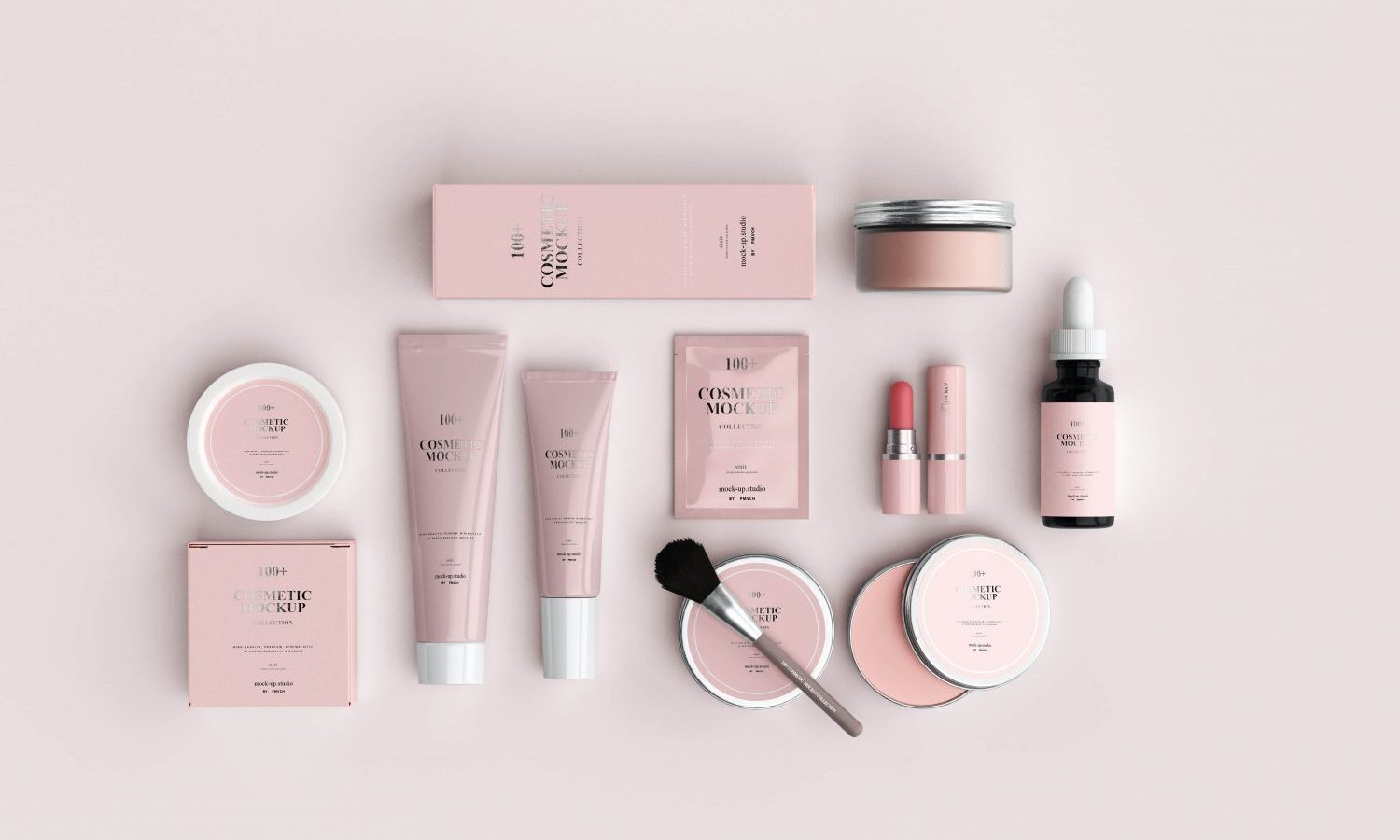Even ingredients or substances that are not expressly listed in the FDA regulations may be prohibited if proven to be unsafe for their intended use.
It is well known by now that CBD-infused cosmetics represent the lowest level of risk for businesses. Indeed, CVS, Walgreens and Sephora are only a few of the major national retailers that now offer these products for sale. This is partially due to the fact that the Food and Drug Administration (FDA) and many state regulators do not seem to take issue with the sale and marketing of these products but also because the cosmetic industry has been self-regulated for nearly a century.
Unlike foods, dietary supplements and drugs, cosmetics are not subject to pre-market approval. Instead, the FDA relies on consumer complaints to monitor this self-policed industry — for example, recalls of cosmetics are voluntary actions taken by manufacturers or distributors. Nevertheless, some federal laws and regulations apply to cosmetics marketed in interstate commerce. Both the Federal Food, Drug and Cosmetic Act (FDCA) and the Fair Packaging and Labeling Act (FPLA) mandate that cosmetics be safe and properly labeled.
Generally, the FDA will deem a cosmetic is unsafe or “adulterated” if it contains a harmful ingredient. Through its rulemaking process, the FDA has banned a small list of ingredients or substances from cosmetics. Yet, even ingredients or substances that are not expressly listed in the FDA regulations may be prohibited if proven to be unsafe for their intended use. In its cannabis FAQs, the agency explained that:
“Ingredients not specifically addressed by regulation must nonetheless comply with all applicable requirements, and no ingredient – including a cannabis or cannabis-derived ingredient – can be used in a cosmetic if it causes the product to be adulterated or misbranded in any way.”
As such, manufacturers and distributors of CBD-infused cosmetics should ensure that their products are free of all substances found in the FDA regulations but also that their products are safe for human consumption before they are placed in commerce. Adopting these good business practices will not only shield the CBD companies from falling under the scrutiny of the FDA, it will also protect them from strict liability and other types of consumer lawsuits.
RELATED: Risks Of Infusing Hemp-CBD Topicals With Essential Oils And Menthol
Moreover, growing concerns regarding the safety of cosmetics resulted in demands for safer, clean labeled products, which in turn, led the global natural and organic beauty market to explode, including the sale of safe and clean CBD-infused cosmetics. Thus, ensuring the safety and quality of CBD-infused cosmetics does more than mitigate the risk of enforcement actions: it also provides CBD manufacturers and distributors with an opportunity to increase their revenues by giving consumers what they want.

In addition to ensuring the safety of their cosmetic products, CBD manufacturers and distributors must also check that their products are properly labeled or not “mislabeled.” A cosmetic is misbranded if it is labeled in a false or misleading way, if it fails to include mandated labeling information or if it is made in a deceptive manner.
RELATED: Why Not All CBD Health Claims Are Treated Equal
According to several studies conducted in the past two years, many CBD-infused cosmetics found on the market are mislabeled because they contain false potency claims, specifically lower concentrations of CBD than those listed on their labels. This issue is so prevalent in the industry that several companies, including Charlotte’s Web, have been hit with consumer class action lawsuits. Therefore, anyone manufacturing, distributing, selling or advertising CBD-infused cosmetics should make sure that their labeling is true and accurate, even if the FDA has yet to regulate the sale and marketing of these products.
In sum, even if CBD-infused cosmetics represent the lowest level of risk for companies, safety and labeling requirements still exist under federal and state law and must be followed.
is an attorney at Harris Bricken. This article was originally published on the Canna Law Blog and is reposted with permission.


